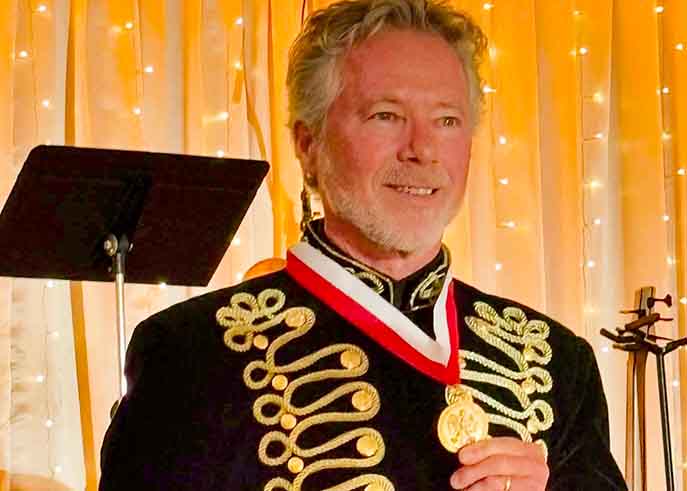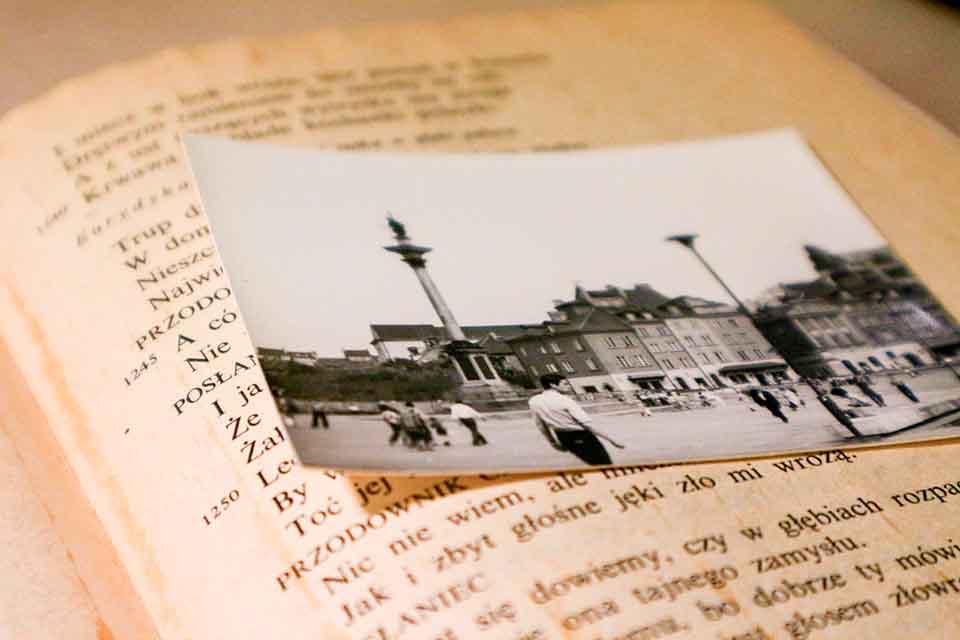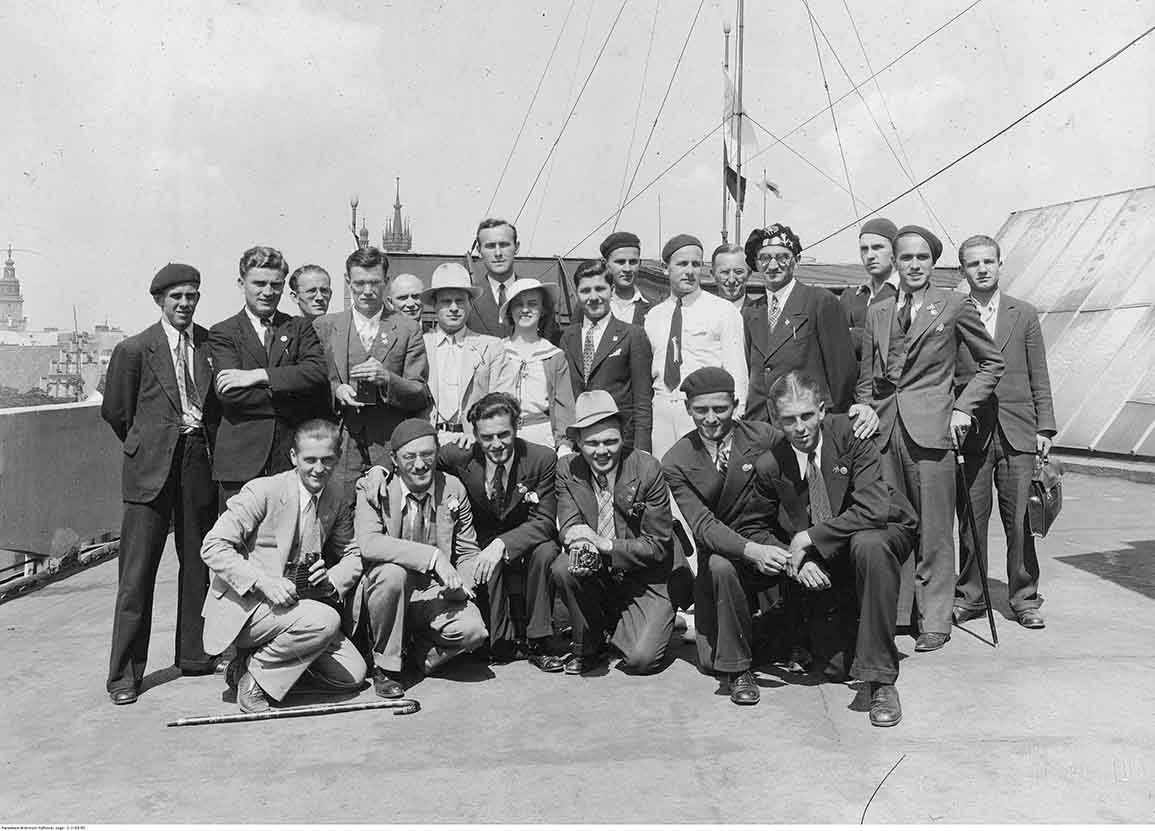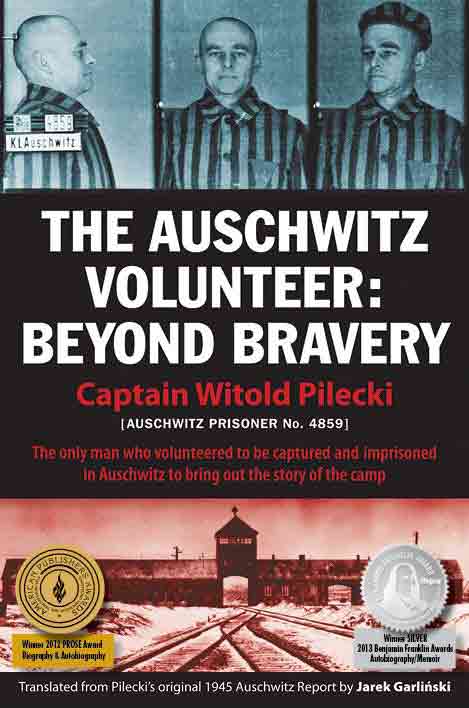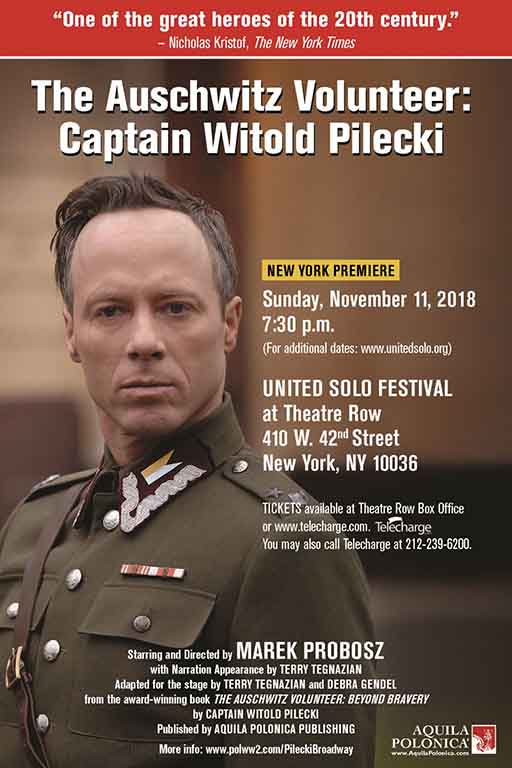”Recent times have made us realize how important it is to promote knowledge about our national heritage, history and ethos. I note with satisfaction and hope that, in this field, a clear change for the better has been observed for several years. High-profile books and popular films are created, presenting our history, culture and memory in a way that, on the one hand, is true and close to our experience, and on the other, is attractive to foreign audiences.” President of the Republic of Poland Andrzej Duda wrote to the participants and organizers of the debate "The Polish Narratives Abroad" at the Belweder Palace in Warsaw in 2019.
Conferences, conventions and congresses have been held in Poland for a long time, where famous people who have never lived abroad come up with various ideas on how to create a Polish narrative outside of Poland. The essence of these oratorical displays is the fact that a Warsaw narrative has been built for many years, but it cannot be implemented abroad.
The situation is now repeated at the time of discussing the reparations process with Germany. At the end of April 2023, a virtual conversation between representatives of the Polish diaspora from Texas, Minnesota, California, Massachusetts, Wisconsin, DC and several other states with representatives of the Institute of National Remembrance, the Polish Embassy in the USA and the Polish Ministry of Foreign Affairs took place in the United States. The conversation concerned the Polish narrative in the United States, identifying to whom the information is to be directed, the influence of the Polish state and its diaspora on the formation of American legislation, especially in two aspects: the limiting of the understanding of the meaning of World War II mainly to facts related to the Holocaust, and omitting the role of Poland as an ally of the Allies in this conflict.
The participants of the meeting agreed with the thesis that the level of knowledge about Poland, its culture, history and its current role as an important country and NATO member on the eastern flank is very low. The participants of the meeting welcomed the fact that professional organizations were established in Poland, which aim to promote Poland, its history and culture abroad, but it should be noted that the targets of these institutions should be the American elites, which formulate the perception of entire regions of the world.
Central and Eastern Europe has not enjoyed the recognition by American elites for decades. This is evidenced by the number of departments at American universities devoted to Central and Eastern Europe, which is decreasing year by year, and no new professors are hired after those who retire. The posts are just gone.
There are not enough programs for Polish Americans who learn about Poland from the American media. So let's organize conferences, strengthen our knowledge, but the most important thing is, our organization and the ability to act as a team in promoting Poland abroad with precise, practical understanding of how to implement this knowledge among American elites.
It's high time to create tools to reach the American elites with the Polish message. Books, yes, but they must be brought into American bookstores, public and university libraries. It would be good if they contain reviews of well-known people of science and culture in the USA.
Educational programs from the classroom level must go to American universities and other institutions promoting international affairs, such as the World Affairs Councils of America.
Journalists, people of politics and culture, must also enter American salons with their presentations. It is also high time to invest in the declining Polish media. Their resuscitation should be accompanied by the idea of creating bilingual media, so that they reach not only the Polish community, but also American readers. These media should be woven into the strategic communication system so that information from Poland reaches the target countries in Polish and in English. Let's discuss things at conferences, but something must come out of them. That's what efficiency is all about.
At the moment, the long-term goal for the Polish diaspora and all those organizations created to promote Poland is teamwork. In each program board, or board of directors, there should be places for effective representatives of the Polish emigration. The fact that there are no representatives of the Polish diaspora in the institutions that deal with the Polish diaspora is a sin of the elites in Warsaw, and the topic of the Polish diaspora itself is simply passed over in silence. It is enough to pick up any Polish newspaper to quickly realize that Polish media miss about 1/3 of the nation. As a reminder — 20 million — that's how much the Polish diaspora counts, including lawyers, doctors, journalists and so on.
The essence of teamwork in terms of promoting Poland abroad is the harmonious cooperation of many organizations and their leaders. Why should these teams include representatives of the Polish diaspora? The answer is very simple: because they have the agency and the objective knowledge of how to function in the country in which they live.
In order to influence the American elites, it is not enough to have a Ph.D. alone, one needs to have practical knowledge of how to communicate and negotiate in the country of residence. There are many ways to do this. You can hire a professional lobbying firm. You can also appoint a mixed group (task force), or you can do both, assuming that the lobbying company would really represent Polish interests. The aim of these actions is reparations from Germany to Poland, and the key to winning this game is a film about Captain Pilecki.

Marek Probosz in Minneapolis, Minnesota, 2021
It seems that desperate actions in this matter have already ceased in Warsaw. Or maybe it's worth asking competent people about this matter. The key figure in this respect is a Polish actor, recipient of many American awards, living in California and familiar with the movie community — Marek Probosz. [*About whom we have already written many times in "Kuryer Polski", for example here, here, here, and here - ed.]





